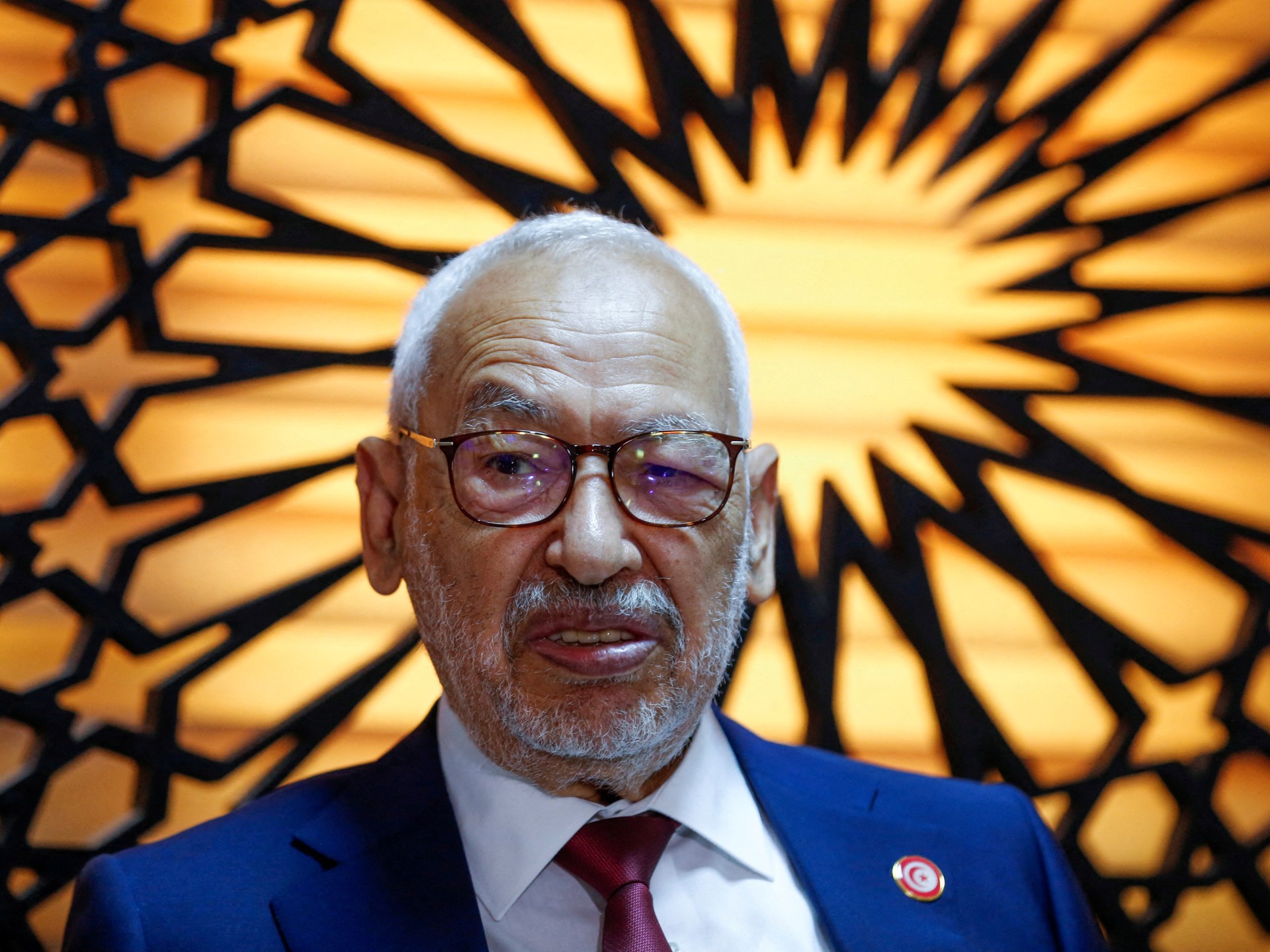Court Ruling Opens Door for Trying UK Troops
A British court has ruled Tuesday, December 14, in favour of an independent inquiry into these accusations over the government’s rejection of such a probe, Agence France-Presse (AFP) reported.
The High Court in London supported lawyers for the family of hotel worker Baha Mousa, 26, who had argued that the European Convention on Human Rights applied to British forces abroad.
However, five other families had applications for judicial reviews rejected because the court said their relatives had not been in the custody of British forces when they died.
The last time Lieutenant Colonel Daoud Mousa of the Iraqi police saw his son Baha alive was on 14 September, as British soldiers raided the Basra hotel where the young man worked as a receptionist, famous British military correspondent and writer Robert Fisk wrote in The Independent from Baghdad
January 4.
According to the Fisk report, “He was lying with the other seven staff on the marble floor with his hands over his head,” Col Mousa says today. “I said to him: ‘Don’t worry, I’ve spoken to the British officer and he says you’ll be freed in a couple of hours.’”
The officer, a second lieutenant, even gave the Iraqi policeman a piece of paper and wrote “2Lt. Mike” on it, alongside an indecipherable signature and a Basra telephone number. There was no surname, Fisk wrote.
“Three days later, I was looking at my son’s body,” the colonel says, sitting on the concrete floor of his slum house in Basra. “The British came to say he had ‘died in custody’. His nose was broken, there was blood above his mouth and I could see the bruising of his ribs and thighs. The skin was ripped off his wrists where the handcuffs had been.”
Mousa left two small boys, five-year-old Hassan and three-year-old Hussein. Both are orphans, because Baha’s 22-year-old wife died of cancer just six months before his own death.
British military authorities have offered Mousa’s relatives $8,000 (£4,500) in compensation, providing they are not held responsible for his death. His body was returned to them, covered in bruises and with his nose broken, after he and seven colleagues were arrested by British forces in Basra last September and held in military custody for three days.
Both the family and the government were granted permission to appeal Tuesday’s ruling, AFP said.


